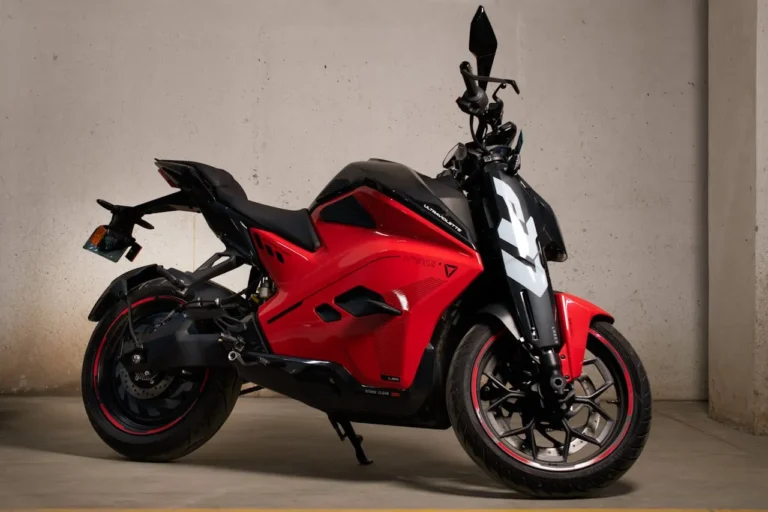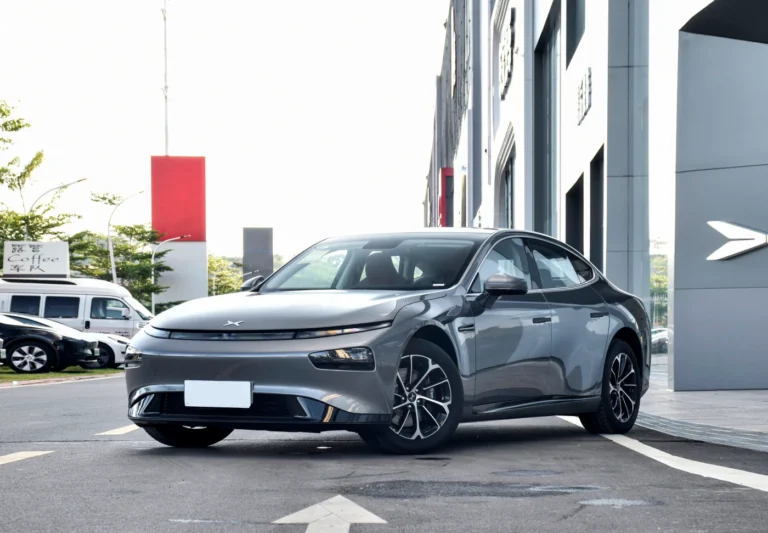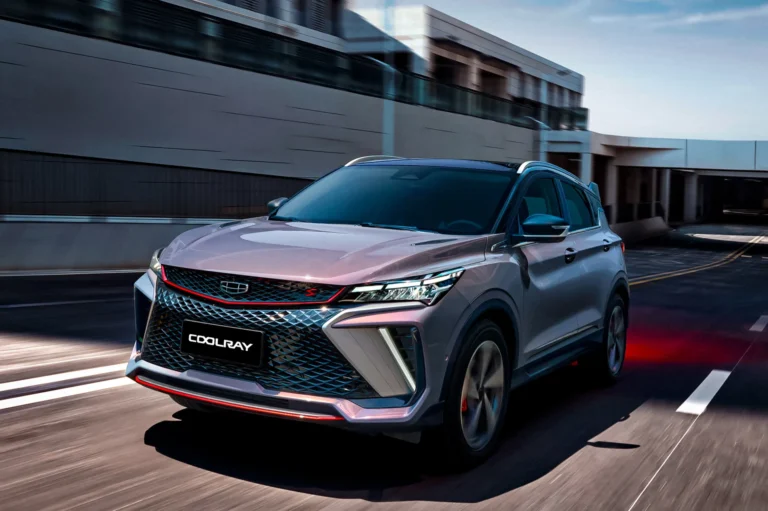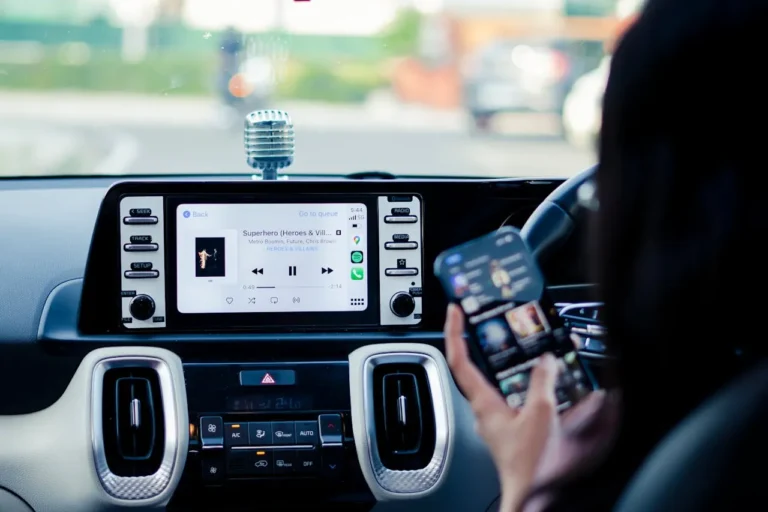
You’re driving down a winding country road. It’s impossible to see beyond the road in front of you. Suddenly, your Volvo car alerts you: there’s been an accident ahead. As you calmly decelerate and come around the next curve, you see a crashed car in your lane. Thanks to the warning, you were prepared and could react proactively.
With our new Accident Ahead Alert, we introduce another pioneering connected safety feature in Volvo cars: for the first time, cars can alert drivers of accidents ahead directly using real-time data from a traffic management centre. It will be available in compatible Volvo cars in Europe, starting from Denmark.
With the aim to help drivers avoid collisions and traffic congestion caused by an accident ahead, the feature is designed to instantly alert the driver about a traffic accident up to a few hundred metres ahead. The location data is provided by national road authorities and compatible cars, starting with other Volvo cars.
“Using our groundbreaking connected safety technology, our Accident Ahead Alert can help Volvo drivers avoid unpleasant surprises, while contributing to making roads safer for all,” says Åsa Haglund, head of Volvo Cars Safety Centre. “Thanks to our collaboration with the Danish Road Directorate and other partners in the Data for Road Safety ecosystem, we can introduce this new feature and continue our leadership in safety innovations.”
Volvo Cars’ industry-first connected safety technology, which was introduced in 2016, uses Volvo Cars’ cloud, based on real-time data. It allows Volvo cars to communicate with each other and alert drivers of nearby slippery road conditions and hazards. In the same way, drivers can now be alerted to accidents ahead regardless of the time of the day.
Looking ahead, we’re planning to integrate more traffic data shared by other partners in the European Data for Road Safety ecosystem, including national traffic management centres in other countries and cars from other brands.
To make roads safer for all, we call for more road authorities to share anonymous traffic accident data and encourage other car makers to join us in offering similar technologies. Needless to say, Volvo Cars has been commited to sharing connected safety data for others to integrate into safety features and will continue doing so.
“We’re happy that Volvo Cars as the first car maker has started using our new real-time traffic event data feed,” says Stine Bendsen, head of the Danish Traffic Management Centre at the Danish Road Directorate. “A quick alert about an accident ahead gives the driver more time to slow down and increase the distance to the car in front. This helps to lower the risk of follow-up collisions and protect the people working to clear the road.”
For Volvo car owners, it’s easy to contribute to road safety by opting for data sharing: simply activate it using the “connected safety” option in your car’s centre display. The car will then be able to alert the driver of an accident ahead by using the hazard light alert in the dashboard, and if available, the head-up display. Rest assured that only the essential information will be shared with other cars and the data will be anonymised to ensure your privacy.
The small print
The Accident Ahead Alert feature is currently available in Denmark on all 90, 60 and 40 series Volvo car models, from model year 2016 and onwards. It will be made available on the same car models in more European markets soon.
Volvo Cars in 2023
For the full year 2023, Volvo Car Group recorded a record-breaking core operating profit of SEK 25.6 billion. Revenue in 2023 amounted to an all-time high of SEK 399.3 billion, while global sales reached a record 708,716 cars.
About Volvo Car Group
Volvo Cars was founded in 1927. Today, it is one of the most well-known and respected car brands in the world with sales to customers in more than 100 countries. Volvo Cars is listed on the Nasdaq Stockholm exchange, where it is traded under the ticker “VOLCAR B”.
“For life. To give people the freedom to move in a personal, sustainable and safe way.” This purpose is reflected in Volvo Cars’ ambition to become a fully electric car maker by 2030 and in its commitment to an ongoing reduction of its carbon footprint, with the ambition to be a climate-neutral company by 2040.
As of December 2023, Volvo Cars employed approximately 43,400 full-time employees. Volvo Cars’ head office, product development, marketing and administration functions are mainly located in Gothenburg, Sweden. Volvo Cars’ production plants are located in Gothenburg, Ghent (Belgium), South Carolina (US), Chengdu, Daqing and Taizhou (China). The company also has R&D and design centres in Gothenburg and Shanghai (China).
Source link:







